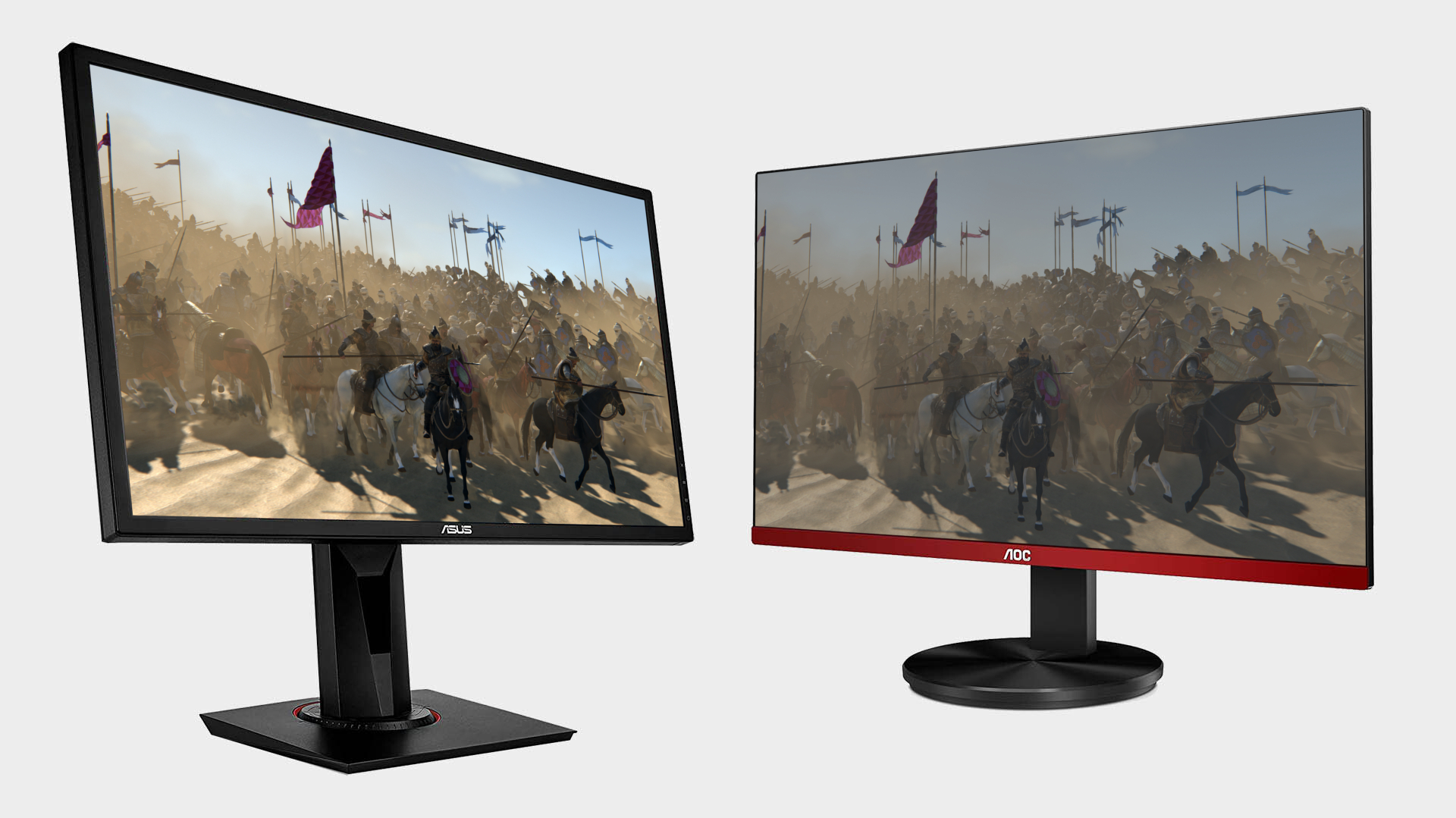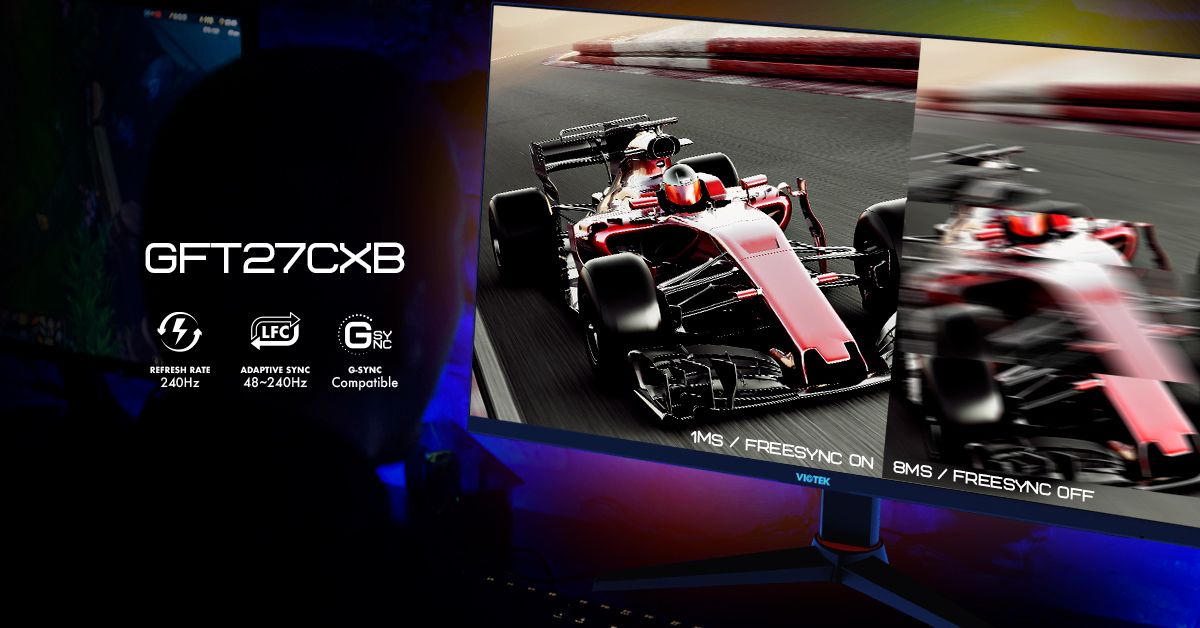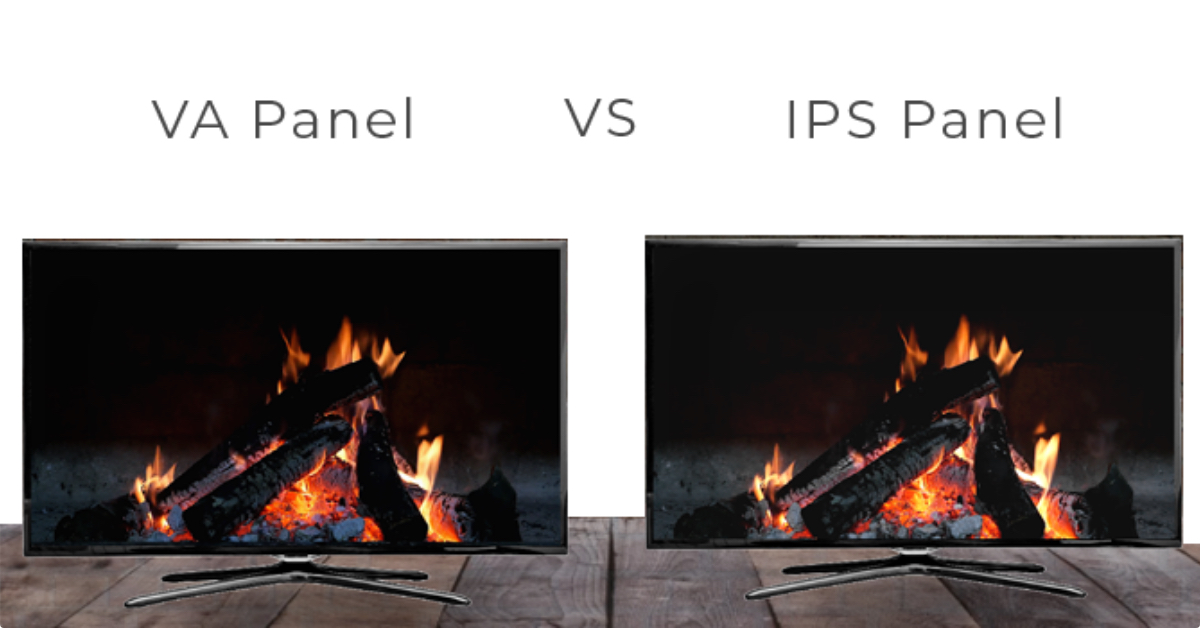Matchless Info About Which Is Better, IPS Or LED

QLED Vs IPS Displays Which Is Better For You? Market Intuitive
Decoding Display Tech
1. Understanding the Basics
So, you're staring at two display options, IPS and LED, and wondering what the heck the difference is. Don't worry, you're not alone! It's like trying to choose between pizza and, well, more pizza. Both are good, but they're good in different ways. Let's break down the technical jargon into something a human can actually understand.
LED, or Light Emitting Diode, isn't actually a display technology itself. It's a type of backlight. Think of it as the light source illuminating the screen. Most modern displays, including IPS panels, use LED backlighting. The real question is what kind of panel are we talking about.
IPS, or In-Plane Switching, is a display panel technology. It's all about how the liquid crystals are arranged and switched to create the image you see. IPS panels are known for their excellent color accuracy and wide viewing angles. Imagine sharing a funny cat video with your friends; with an IPS display, everyone will see the same glorious colors, even if they're sitting off to the side.
So, to clarify, when someone asks "IPS vs. LED," they usually mean "IPS panel with LED backlighting vs. some other panel type with LED backlighting," often TN (Twisted Nematic) or VA (Vertical Alignment). This article will primarily focus on the difference between IPS and other panel types using LED backlighting.

Color Me Impressed
2. The IPS Advantage
Okay, let's talk color. This is where IPS panels really shine (pun intended!). They're known for their superior color accuracy. What does that mean in the real world? It means the colors you see on the screen are closer to the "true" colors of the image or video. Think about editing photos or watching a movie with vibrant landscapes; with an IPS display, you'll get a more realistic and immersive experience.
Beyond color accuracy, IPS panels offer incredibly wide viewing angles. You know how some screens look washed out or distorted when you're not looking at them head-on? That's less of a problem with IPS. You can be practically sideways to the screen and still see a clear, consistent image. Great for group Netflix binges where everyone's crammed onto the sofa!
Now, some might argue that other panel types have improved, and they're not wrong. VA panels, for example, can offer decent color and contrast ratios. However, for overall color accuracy and viewing angles, IPS generally takes the crown. Its often the go-to choice for graphic designers, photographers, and anyone who needs accurate color representation.
But it's not all sunshine and rainbows. IPS panels can sometimes suffer from "IPS glow," a slight shimmering or glow in dark scenes when viewed at an angle. It's generally not a huge issue, but something to be aware of if you're a stickler for perfect black levels.

Ips Vs Led Display
Speed Demons and Gamers
3. The Need for Speed
If you're a gamer, you probably care a lot about response time and refresh rate. Response time is how quickly a pixel can change color, and refresh rate is how many times per second the screen updates the image. Lower response times and higher refresh rates lead to smoother, less blurry images, especially in fast-paced games.
Traditionally, IPS panels weren't the fastest kids on the block. TN panels, with their generally lower response times, were often preferred by competitive gamers. However, IPS technology has come a long way. You can now find IPS panels with very respectable response times, sometimes even matching or exceeding those of TN panels.
Refresh rate is a slightly different story. Both IPS and other panel types (like TN and VA) are available with a wide range of refresh rates, from the standard 60Hz to blazing-fast 240Hz or even higher. The panel type doesn't inherently limit the refresh rate; it's more about the specific monitor and its design.
So, if you're a gamer looking for a monitor, don't automatically rule out IPS. Look for IPS panels with a low response time (ideally 1ms or less) and a high refresh rate. You can get the best of both worlds: accurate colors and smooth, responsive gameplay.

Ips Vs Led Monitor Which Is Better Official Online Www.oceanproperty
Budget Blues
4. The Price is Right? Exploring the Cost Factor
Let's be honest, price is always a factor. Generally speaking, IPS panels tend to be a bit more expensive than TN panels. VA panels often fall somewhere in between. But, like everything else, the price can vary greatly depending on the size, resolution, features, and brand of the monitor.
If you're on a tight budget, a TN panel might be the most affordable option. However, remember that you'll likely be sacrificing color accuracy and viewing angles. Its a trade-off you have to consider. Sometimes, spending a little extra on an IPS panel is worth it in the long run, especially if you value image quality.
Keep an eye out for sales and deals. Monitor prices fluctuate all the time. You might be able to snag a good IPS monitor for a surprisingly reasonable price if you're patient and do your research. Websites and price comparison tools are your best friend here.
Also, consider what you'll primarily be using the monitor for. If it's mostly for web browsing and basic tasks, a cheaper panel might suffice. But if you're a creative professional or a gamer who cares about image quality, investing in a good IPS display is a worthwhile investment.

Diferencia Entre Monitor Ips Y Led At Sally Esterly Blog
Making the Choice
5. Putting it All Together
So, after all that, which one is "better," IPS or LED? Well, as you hopefully understand now, it's not a simple question. It really depends on your individual needs and priorities. Are you a color-obsessed photographer? A competitive gamer? A budget-conscious student?
If color accuracy and wide viewing angles are your top priorities, and you're willing to spend a bit more, then IPS is probably the way to go. If you're a hardcore gamer who needs the absolute fastest response time, and you're not as concerned about color accuracy, then a high-refresh-rate TN panel might be a better choice. And if you're looking for a good balance of price and performance, a VA panel could be a solid compromise.
Remember to do your research. Read reviews, compare specs, and, if possible, see the monitors in person before you buy. Pay attention to things like response time, refresh rate, color accuracy (look for sRGB or Adobe RGB coverage), and viewing angles.
Ultimately, the "best" monitor is the one that best meets your needs and fits your budget. So, take your time, weigh your options, and choose wisely!

FAQ
6. Frequently Asked Questions About IPS and LED Displays
Q: Is IPS always better than LED?A: No, IPS is a type of panel technology, while LED is a type of backlight. Most monitors, including IPS ones, use LED backlighting. "Better" depends on your needs. IPS is generally better for color accuracy and viewing angles.
Q: What is IPS glow?A: IPS glow is a shimmering or glowing effect that can occur in dark scenes on IPS panels when viewed at an angle. It's generally not a huge issue, but some people find it distracting.
Q: Are IPS monitors good for gaming?A: Yes! Modern IPS monitors can have very low response times and high refresh rates, making them excellent for gaming. Look for IPS panels with 1ms response time and 144Hz refresh rate or higher for the best gaming experience.
Q: Are all LED monitors the same?A: Absolutely not! The term "LED monitor" simply refers to the type of backlight used. The panel technology (like IPS, TN, or VA) is what determines the image quality, viewing angles, and response time.